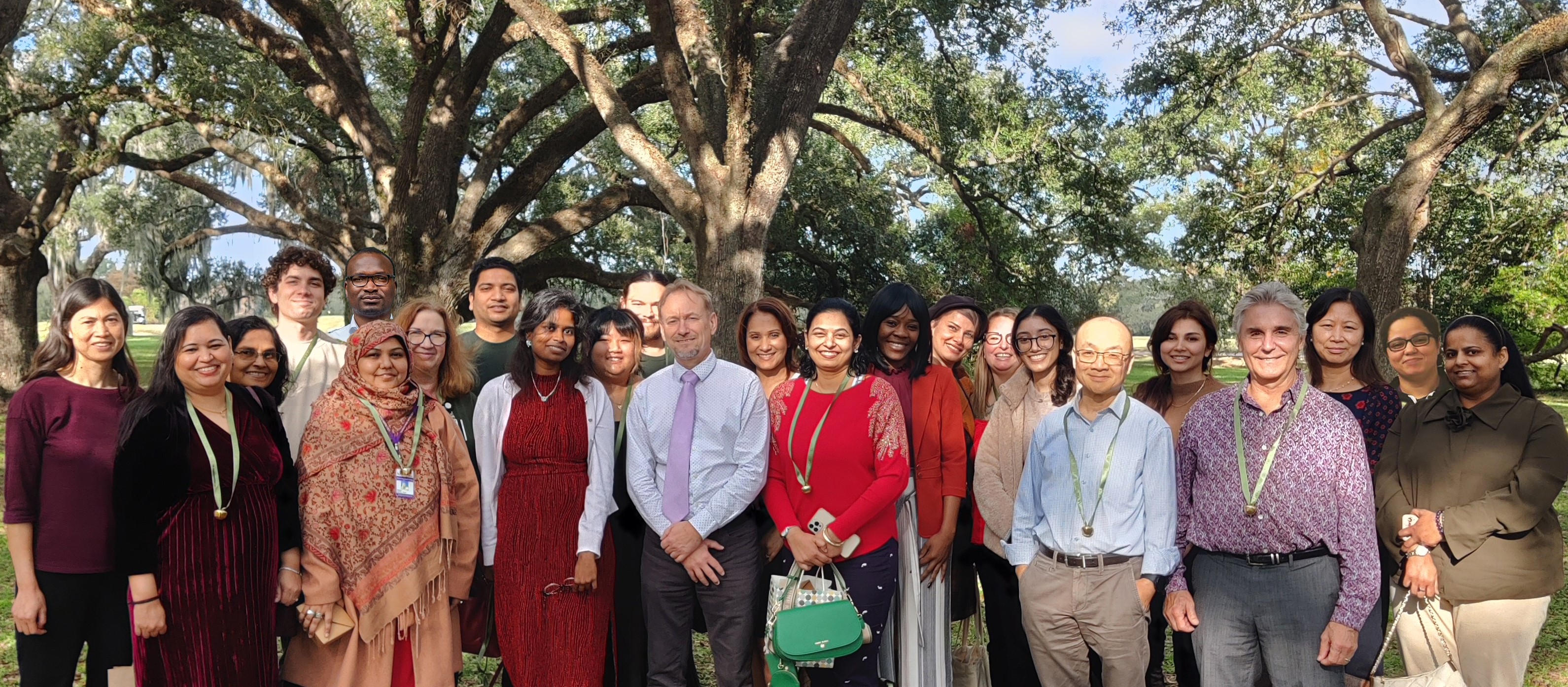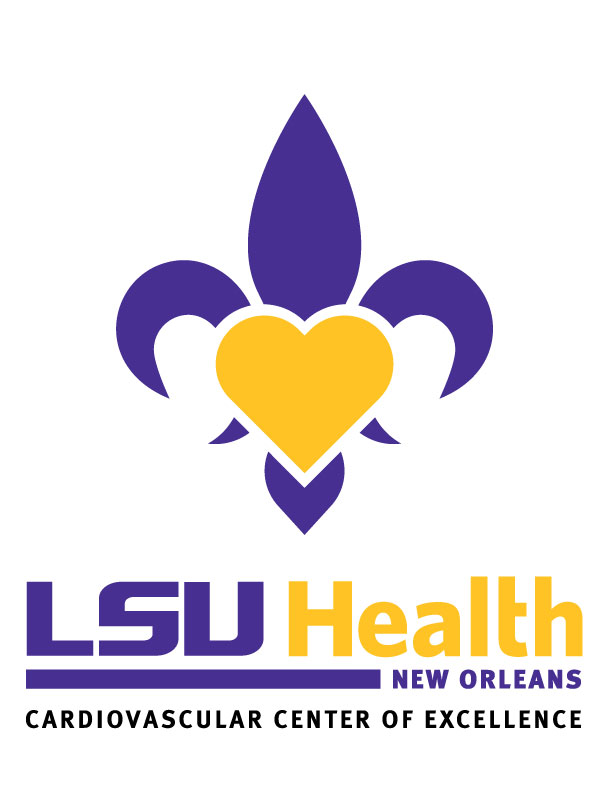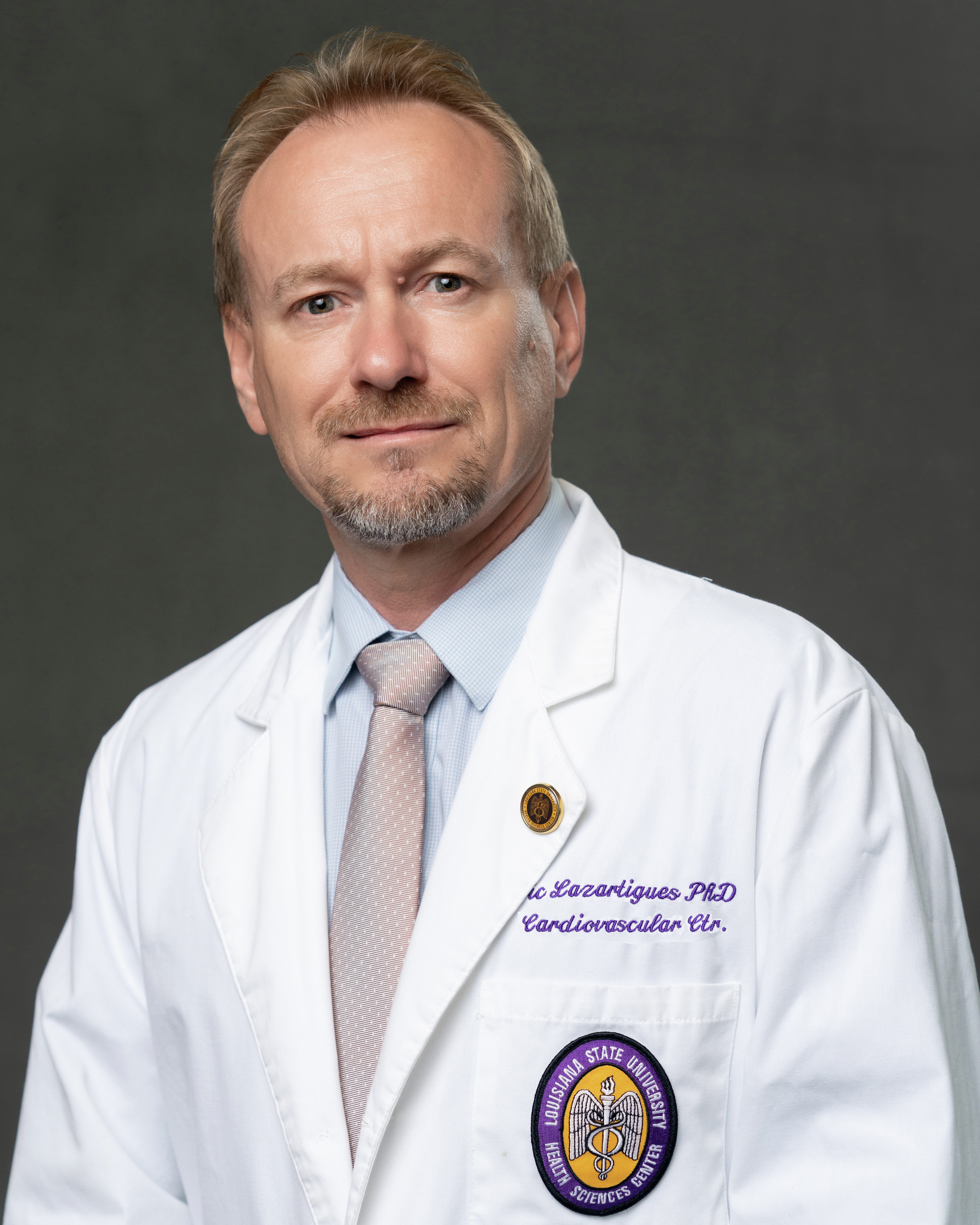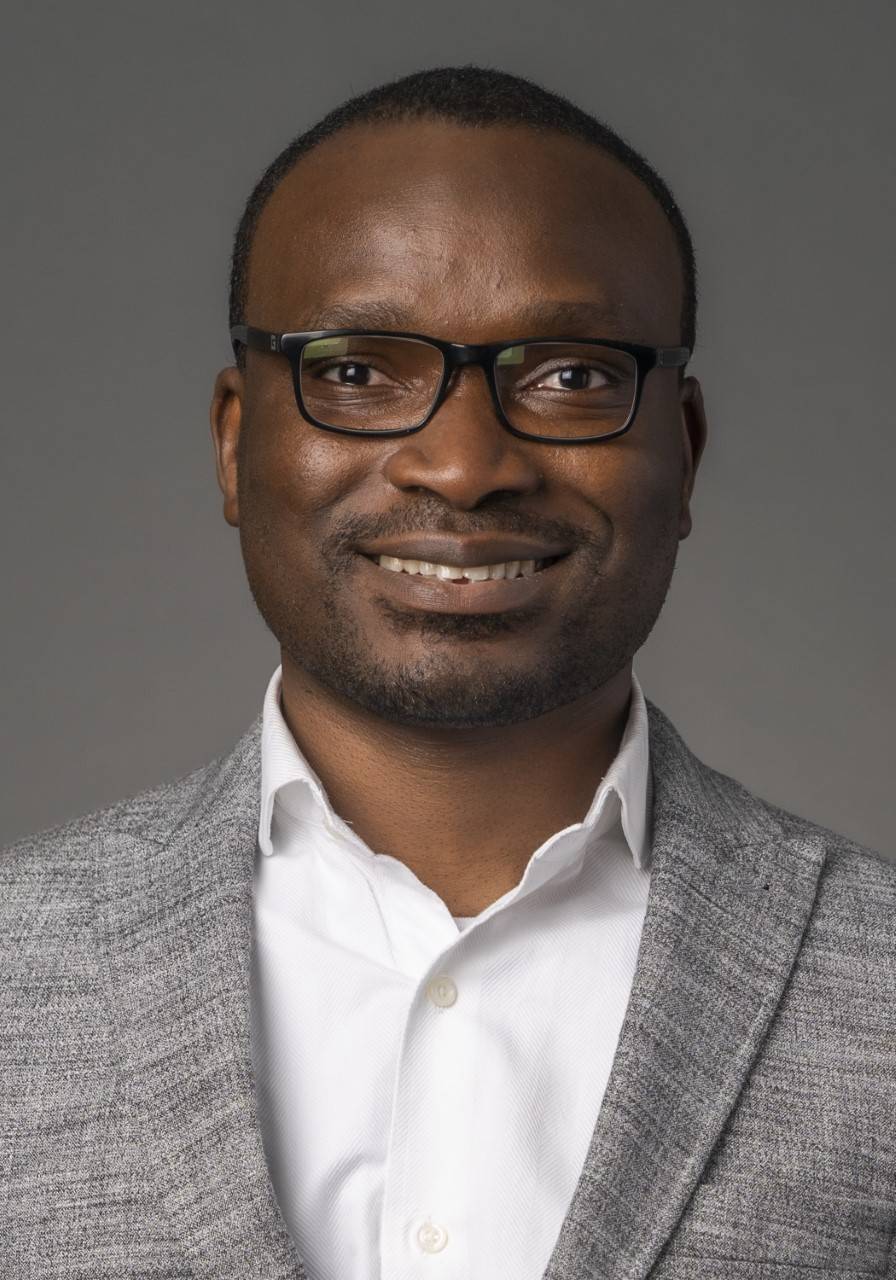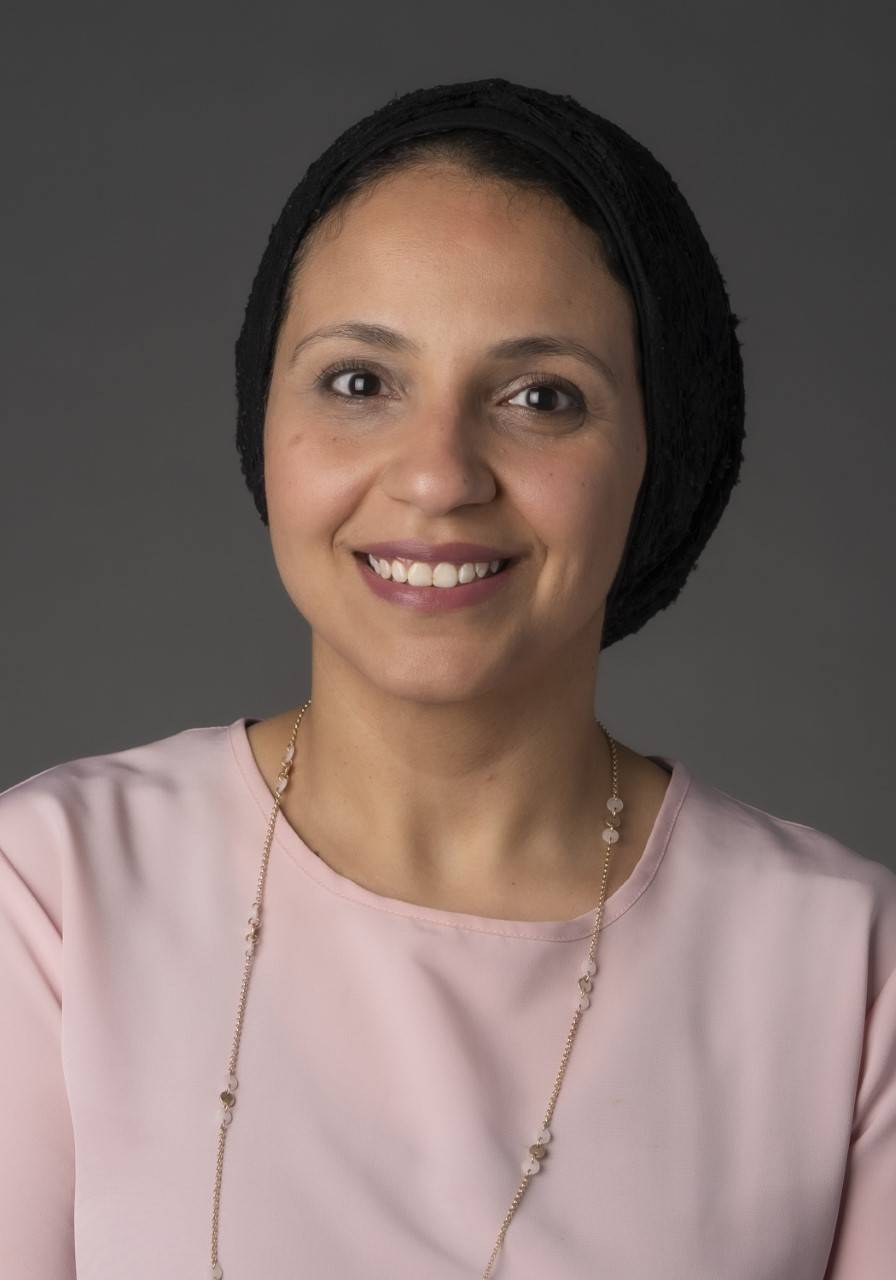Mission statement
-
To maintain a nationally and internationally recognized center of excellence in cardiovascular research and medicine.
-
To facilitate the training of young scientists, including postdoctoral fellows, graduate students, medical students and residents in cardiovascular research and medicine.
-
To encourage the development of basic science, translational, and clinical research with funding from federal agencies and industry
News and Events
Renewal of the Cardiovascular Center of Excellence

Previous Cycle (2018-2022):
- 43 Research grants $22,000,000
- Donations and Funds to the Cardiovascular Center $6,000,000
- 94 publications in leading cardiovascular journals
- 20 postdoctoral fellows, 15 graduate students, 17 Summer and rotating students
- 52 academic and industry partners
- Hosted 63 international experts
Current Cycle (2023-2028):
- Government and Institutional Grant Support $15,213,998
- Private Company and Foundation Support $196,063
Spotlight news

Welcome Sara Moghimi, Postdoctoral Researcher to the Cardiovascular Center
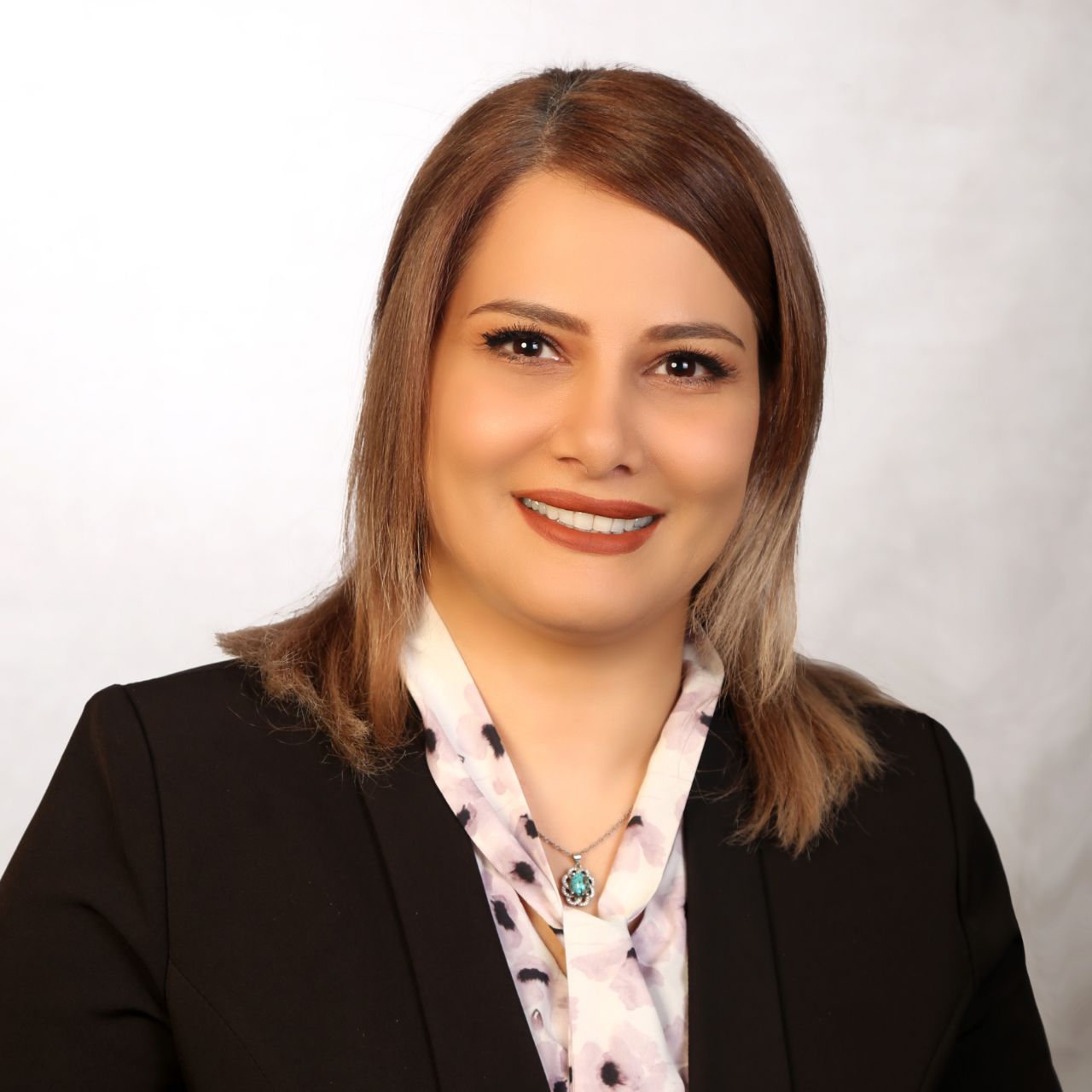
- Dr. Vahideh Tarhriz, PhD was selected to receive the 2024 Trainee Advocacy Committee New Investigator Travel Award of The American Heart Association. Her award will be delivered during the AHA Hypertension Council meeting in September
- Dr. Vahideh Tarhriz, PhD joins the lab as a Postdoctoral Fellow (9/2023)
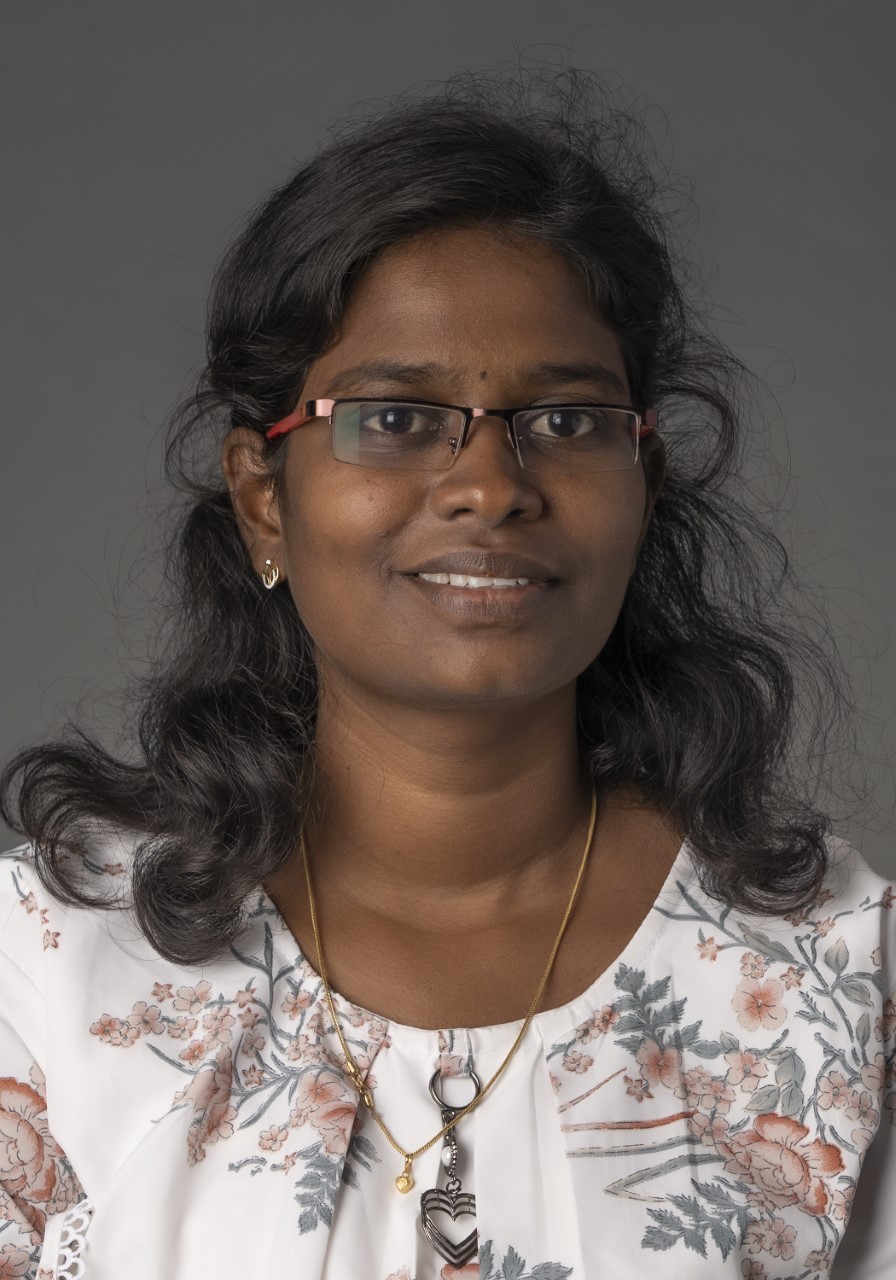
Dr. Uma Priya Mohan honored by the APS and AHA
- Dr. Uma Priya Mohan received the AHA Trainee Onsite Poster Award
- Dr. Uma Priya Mohan has been selected as one of the recipients of the 2024 NCAR Research Recognition Award for the American Physiology Summit from April 4-7, 2024, in Long Beach, CA.
- 2024 Research Recognition Award under Central Nervous System Section
- Congratulations Dr. Uma Priya Mohan for receiving a 2-year American Heart Association
Postdoctoral Fellowship!!!
Dr. Lazartigues Honored by American Heart Association
- Dr. Eric Lazartigues selected as Associate Editor of Cardiovascular Research
- Dr. Eric Lazartigues was selected to present the 2023 Lewis K. Dahl Memorial Lectureat the American Heart Association Hypertension conference.
- Dr. Eric Lazartigues was nominated as part of the 2025 International Union of Physiological Sciences (IUPS) Academy
Dr. Ifechukwude J. Biose received the LAUNCHED Award
- Dr. Biose received the LAUNCHED travel and small research grant program entitled “Gut dysbiosis and butyrate bioavailability in HFpEF”.
-
Dr. Biose received the LAUNCHED pilot and feasibility award-supported by the National Institute of Diabetes and Digestive and Kidney Diseases of the National Institutes of Health under Award Number U24DK132740.
- Dr. Biose is selected into the 2023 – 2025 LAUNCHED Cohort Scholar Program!
New Publications
- “New approaches targeting the renin-angiotensin system: inhibition of brain aminopeptidase A, ACE2 ubiquitination, and angiotensinogen” published in Canadian Journal of Cardiology (6/2023).
Click Here for aLL nEWS AND EVENTS

